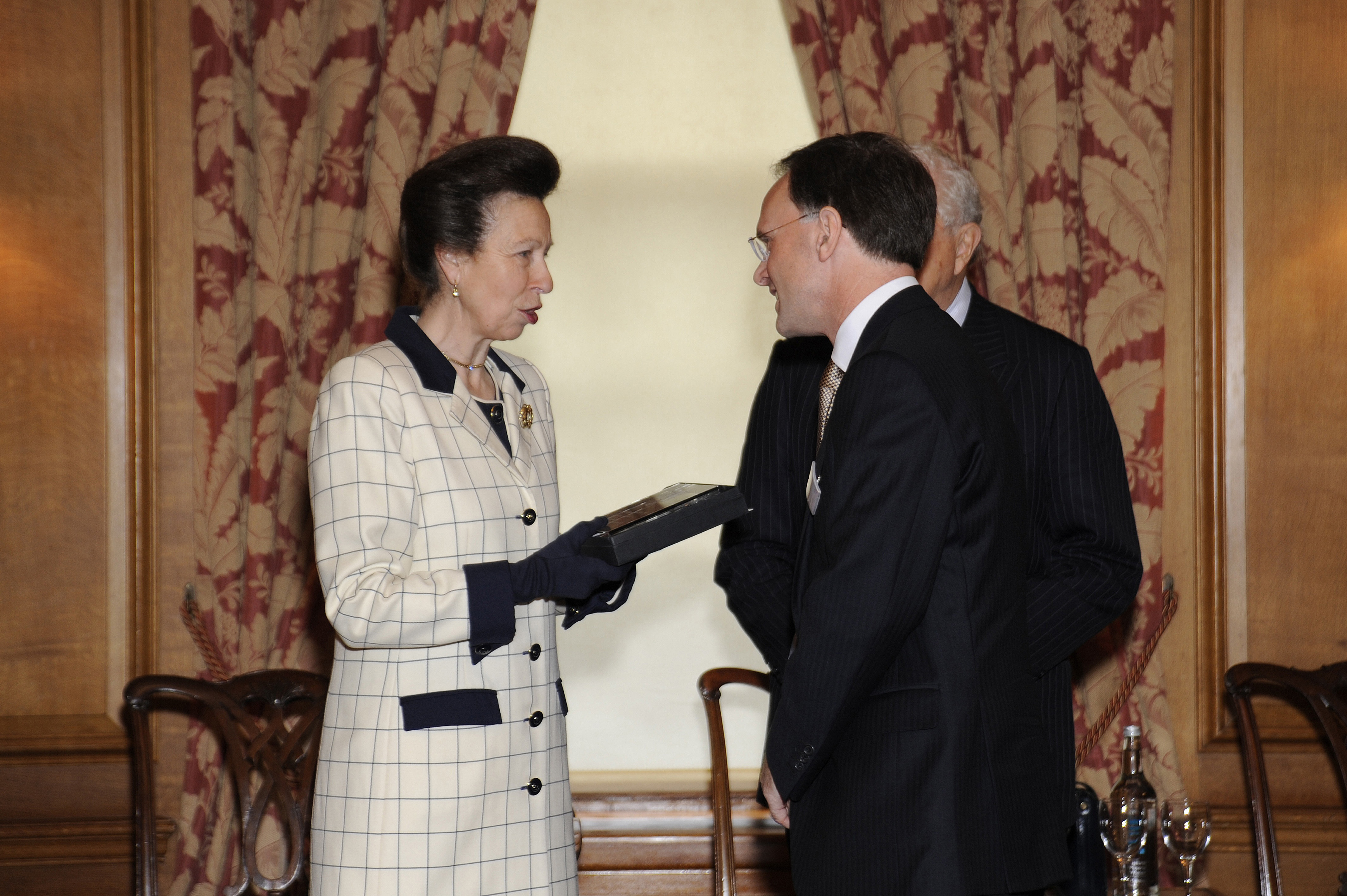Paul Halliday, a professor of history in the University of Virginia's College of Arts & Sciences, has received the Inner Temple Book Prize for his book, "Habeas Corpus: From England to Empire."
The prize, awarded by the royally chartered Inner Temple, is intended to encourage scholarly study of the law in England and Wales, and is presented every three years. This is the second time the Inner Temple prize has been awarded and marked the first time it has gone to a non-resident of the British Isles.
A panel of judges, chaired by Lord Woolf of Barnes, who retired in 2005 as Lord Chief Justice of England and Wales, sifted and considered 84 entries in total for two prizes.
"I was astonished when they told me I had won," said Halliday, a historian of law and the British government. "I knew I was on the short list for the prize, but I was the only non-lawyer and the only non-Briton."
Halliday, who has been at U.Va. since 2000, published his book in 2010 and was told in October that he had won, but was sworn to secrecy until the awards ceremony. He received the prize in December from Princess Anne, daughter of Queen Elizabeth II, in a ceremony at the Inner Temple, one of four unincorporated associations that have existed since the 14th century to recruit and train barristers.
"These inns of court became the law schools of Britain," Halliday said.
"Habeas Corpus: From England to Empire," published by Harvard University Press, studies the history of the writ of habeas corpus, the judicial means by which prisoners may demand that their jailer show a valid reason for their detention. It is considered a bedrock of personal liberty in U.S. law and in dozens of other countries around the world.
Halliday has been researching habeas corpus for 10 years. He first thought that much had been written about it, but soon realized what scholarship existed had been built upon a narrow body of research. He went to the original court records in London, methodically going through about three centuries of them, many of which were damaged by age and mishaps in storage.
What he found surprised him.
"This had more to do with the king's power than prisoner's rights and liberty," he said.
In its English origins, habeas corpus was more about the judge's power – derived from the king's power – than about prisoners' liberties. English judges operated on behalf of the king. If jailers arbitrarily locked up prisoners, that undermined the judge's authority, and therefore the king's. In his research, he examined how the writ of habeas corpus evolved and how restrictions on it increased as the British Empire expanded.
"I am impressed with how English law changed over the years in the Empire and how it continues to change, as do the roles of the judges," he said. "Judges really matter. They are not just referees. They make law as they follow the law, and this has an impact on the lives of people."
By the time the writ was incorporated into U.S. law, this had changed. Habeas corpus had become revered as the ultimate protection of personal liberty, which explains why it is the only judicial writ named in the main body of the U.S. Constitution; Article I, section 9 says, "The privilege of the Writ of Habeas Corpus shall not be suspended, unless when in cases of Rebellion or Invasion the public safety may require it."
While he did not write his book to address contemporary questions about habeas corpus, Halliday has been consulted on its history by many attorneys who are currently arguing cases about it.
Halliday, who is now researching legal issues surrounding prisoners of war in the 17th and 18th centuries, was pleased the Inner Temple recognized a work of history.
"I felt incredibly honored to be recognized by people – leading judges – outside my scholarly community of historians," he said. "It is a historical analysis, yet it seems to have gained a wide international audience among lawyers, too."
Media Contact
Article Information
January 6, 2012
/content/uva-history-professor-honored-britain-study-habeas-corpus

